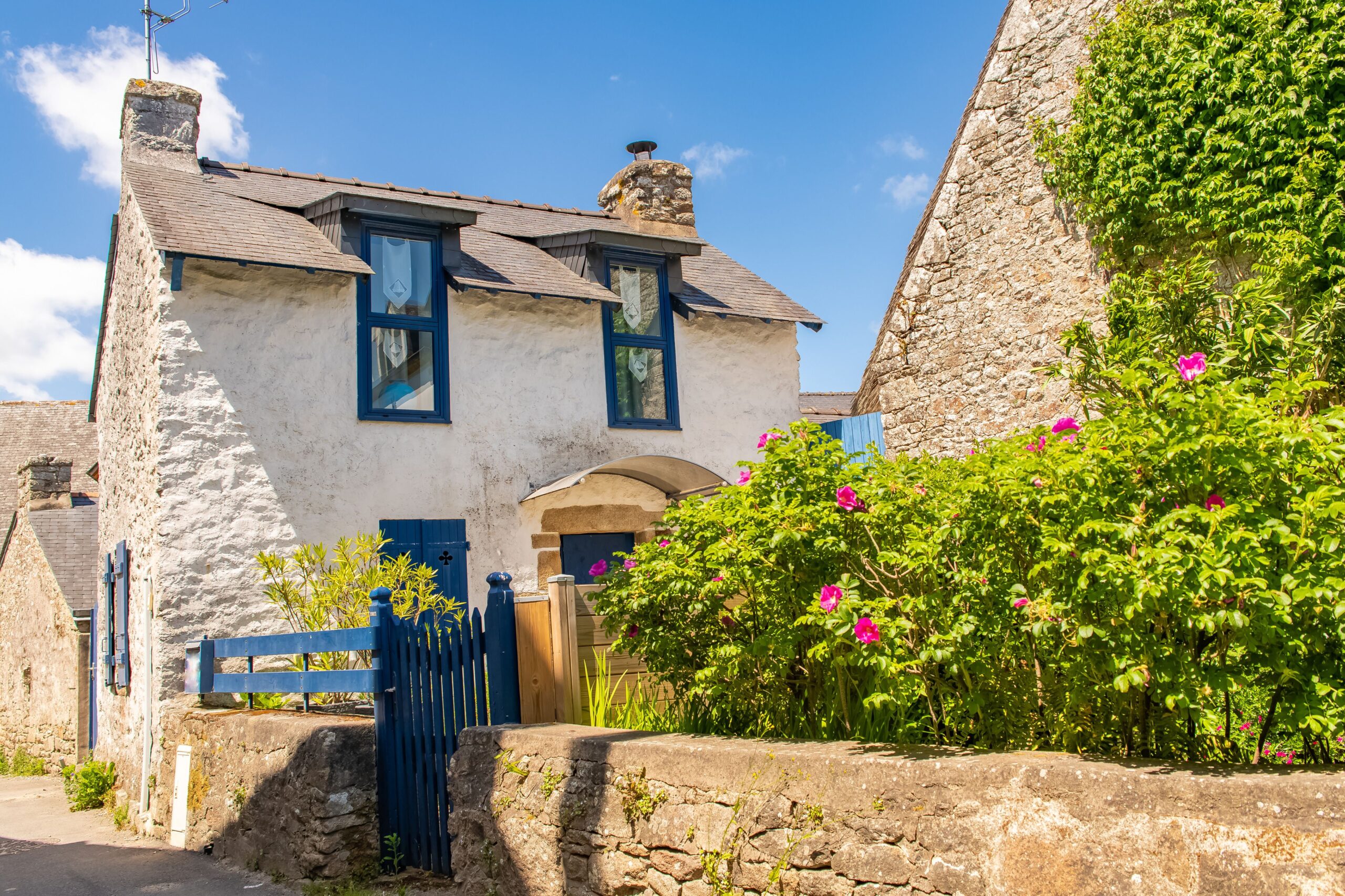Many people dream of owning a second home. Whether it’s a holiday home, a place to stay in the city, or a buy-to-let investment property, there are a lot of factors you need to consider before you take the plunge. In this article, we explore the financing options, costs and responsibilities associated with purchasing a second home in the UK.
Why Buy a Second Home?
11.2 per cent of the UK population owns multiple properties. There are several reasons why people purchase a second home:
- A place to crash when they’re in the city, or a place in the countryside to unwind at weekends
- A holiday home
- A property to renovate and sell on
- A buy-to-let property to rent out to tenants
- A place for your elderly parents or children to live
It’s vital to know what you want from purchasing a second home, as you need to be able to find the right property for your needs. For example, if you’re considering purchasing a holiday home, consider the property’s attributes and the suitability of the local area. Does the property need to be within walking distance of the coast? Does it need to have good rail links? Does the local area have all the amenities you’ll need?
Alternatively, if you’re purchasing a second property for your children or elderly parents to live in, does it have good transport links? Is it in good condition, or will it need extensive renovation before they can move in?
Second Home Financing Options
There are numerous financing options for buying a second home in the UK. The most common ways to finance a second home are paying with cash, taking out a mortgage or using equity. Let’s explore these three options in more detail:
Cash
If you have enough savings to cover the cost of the property, you may decide to pay in cash. This means you will own the property outright and won’t have to make monthly mortgage payments. Plus, a cash offer sometimes closes quicker than a financed offer. However, paying with cash means that a significant amount of your savings is tied up in a single asset.
Mortgage
Another option is to take out a second mortgage, where you borrow money from a lender and repay them over time with interest. Taking out a second mortgage has its benefits—there is typically a lower down payment than a first mortgage, and paying on time each month helps to build a positive credit history. However, there are also drawbacks. The interest rate on your second mortgage will likely be higher than your first.
Finally, the type of mortgage you get will depend on how you will use the second property. For example, if you’re purchasing it as a holiday home, you will need to prove your other property is used as your main home, and you will not be able to rent it out. Alternatively, if you’re buying a second home that you intend to rent out, you will need to get a buy-to-let mortgage.
Equity
Another way to raise the money required for a deposit is to use the equity you’ve built up in your home. Rather than getting a second mortgage, you remortgage your current home. You’ll likely require a 25 per cent deposit on a second property, meaning you’ll have to increase your mortgage by that amount to release the money for a deposit.
Additional Second Home Costs
When buying a second property, it’s important to factor in the additional costs you may face. Here are some costs you need to take into account:
Stamp duty
Stamp duty is higher on second homes—you’ll usually have to pay 3 per cent on top of the stamp duty land tax.
Maintenance costs
Once you purchase a second property, whether as a holiday home or a rental property, there will be maintenance costs to factor into your budget, such as utility bills, property taxes, insurance and repairs.
Capital Gains Tax
If you decide to sell your second property in the future, you may be subject to Capital Gains Tax (CGT). However, you’ll only pay CGT on the profit you make on the second property. The CGT rate on property is 28 per cent for higher-rate taxpayers and 18 per cent for basic-rate taxpayers.
Buying a Holiday Home
The way you finance your holiday home depends on whether you’re purchasing it for personal use or let out. If you’re purchasing a holiday home for personal use, you can apply for a standard residential mortgage. However, if your plan is to let the holiday home out, you’ll need to get a holiday-let mortgage, which is usually more expensive than standard mortgages.
Buying a Second Home to Rent Out Your First
If you’re considering buying a second home with the intention of renting out your first home, you need to talk to your mortgage lender to ensure you’re not violating the terms of your existing mortgage agreement. Depending on the terms of the agreement, you may need to switch to a buy-to-let mortgage or get permission to rent out your first home.
Buying a Buy-To-Let Property
Purchasing a buy-to-let property can be a good investment, but it’s important to know your rights and responsibilities as a landlord. Landlords are legally obligated to provide their tenants with a safe and habitable property, protect tenant deposits, provide a written tenancy agreement, make necessary repairs to the property and more. By understanding your legal obligations as a landlord, you can provide your tenants with a pleasant living environment and avoid legal or financial penalties.
In Summary
Buying a second home has many advantages, but it’s vital that you consider your options carefully before making any final decisions. You need to consider your financing options, the potential costs you may face, and the legal responsibilities you have if you decide to rent out your second property.
If you decide to purchase a second home, Muve can help make the process less stressful with minimal paperwork, proactive case progression and a 24/7 online portal for case updates. Get in touch with the Muve team today, or get a free quote.


